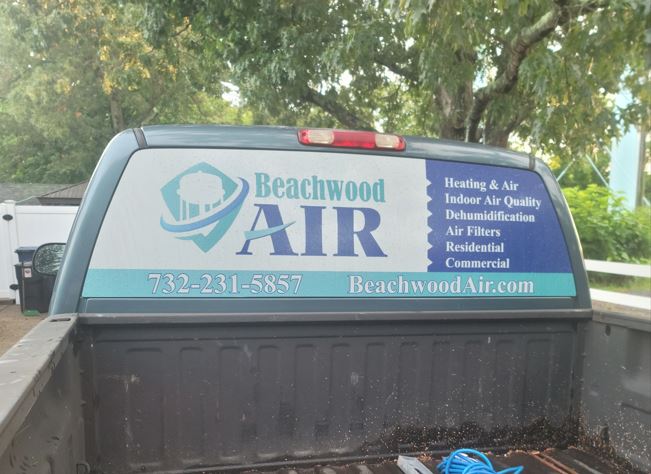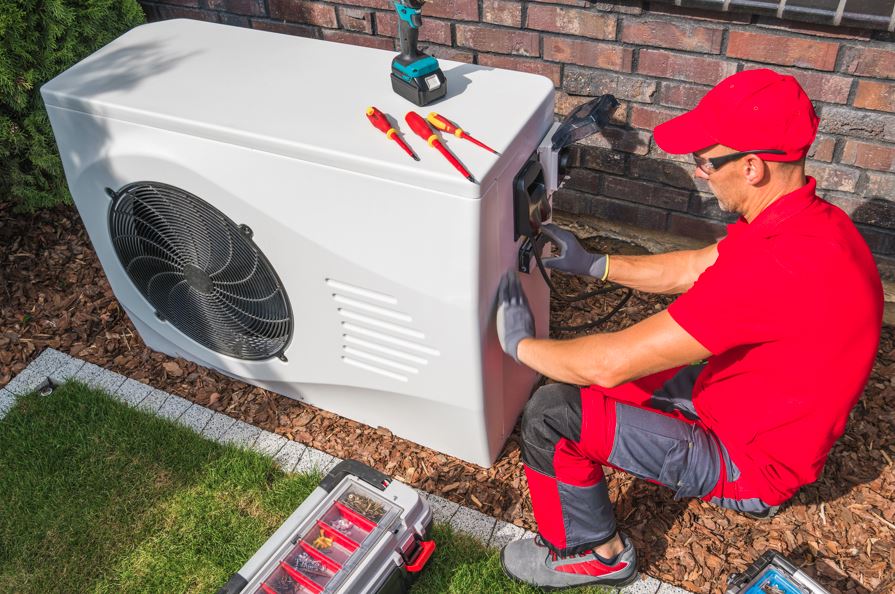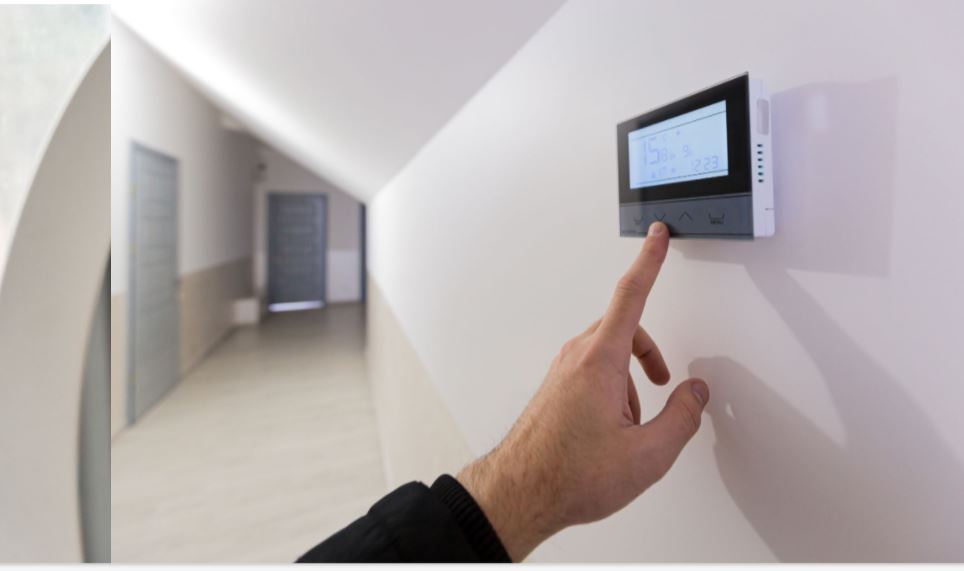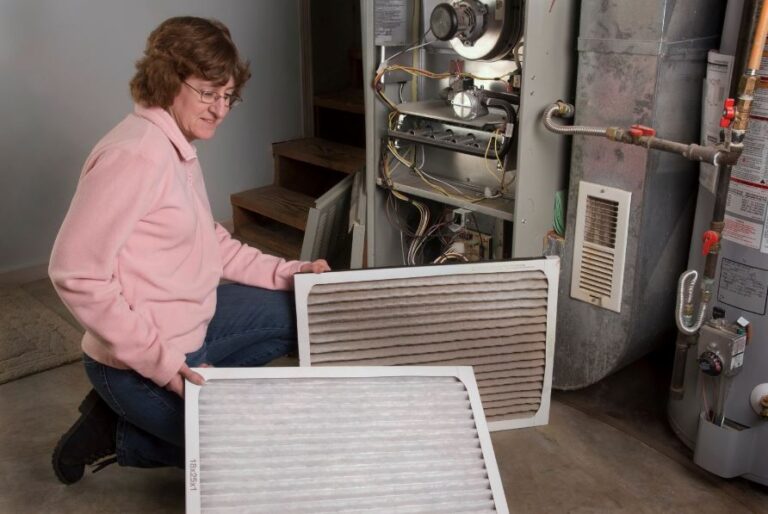When it comes to cooling your home, you have several options. Two of the most popular are air conditioning and central airsystems. When comparing air conditioning and central A/C, it’s crucial to note their distinct features.
Understanding these differences can help you decide which system is best for your needs and budget. Discover the workings and benefits of both cooling systems to make an informed choice for your needs.

What Is Air Conditioning and How Does It Work?
Air conditioning is a system that’s used to cool and dehumidify indoor air. The basic concept involves removing hot air and circulating cooler air into the space. There are different types of air conditioning systems, but some of the most common ones are window units and portable ACs.
Window units are wall-installed and cool air with a compressor, while portable ACs expel hot air using a hose. Both are practical for small to medium spaces, appealing to homeowners and renters.
Central air conditioning is the answer to efficient and comprehensive cooling in your whole house. It circulates cooled air through ducts and vents, providing comfort throughout your entire home. Say goodbye to limited cooling from window units and enjoy refreshing air in every room.
Say goodbye to the hassle of lugging heavy units from room to room or dealing with cumbersome window installations. Central air conditioning is a practical and convenient solution for all your home cooling needs. Learn more here: Central Air Conditioning https://www.energy.gov/energysaver/central-air-conditioning
How Central Air Conditioning Works
The system consists of several key components, including the compressor, evaporator coil, condenser unit, and air handler. The compressor is responsible for compressing refrigerant gas, which then circulates through the system, absorbing heat and removing it from the air. The evaporator coil then releases cool air into the home. Meanwhile, the condenser unit releases hot air outside.
The air handler is responsible for circulating the air throughout the home. This is considered a forced air system. Refrigerant is crucial to the process, as it plays a pivotal role in absorbing and releasing heat. Understanding the components and roles of these crucial parts can help homeowners understand how their central air conditioning system keeps their home cool during even the hottest of days.
Energy Consumption: Air Conditioning vs. Central A/C
When comparing energy consumption, window units, portable ACs, and central air conditioning differ. Smaller units use more electricity than centrals for targeted cooling.
Upgrade to central air conditioning for improved energy efficiency and potential long-term savings on energy bills. Stay cool without overspending.
What Is A Split System?
A split system for HVAC air conditioning consists of two main units: the indoor unit and the outdoor unit. These units work together to efficiently cool or heat your living space while maintaining indoor comfort.
Indoor Unit
The indoor unit, also known as the evaporator unit or air handler, is typically installed within the living area that you want to cool or heat. It contains the evaporator coil, which is responsible for absorbing heat from the indoor air. The unit circulates refrigerant through the coil, cooling the air that passes over it. As the warm air moves over the cold evaporator coil, moisture in the air condenses into water droplets, reducing humidity levels within the room. The cooled and dehumidified air is then pushed back into the room through a series of vents.
Outdoor Unit
The outdoor unit, also known as the condenser unit or compressor unit, is usually positioned outside the building. This unit houses the compressor and the condenser coil.
The compressor is the heart of the system, as it pumps refrigerant between the indoor and outdoor units. It compresses the refrigerant gas, which causes it to release heat and become a high-pressure, high-temperature gas. This hot gas is then sent to the condenser coil, where it releases its heat to the outdoor air. The refrigerant cools down, condenses back into a liquid state, and returns to the indoor unit through a set of pipes.
These two units are connected by a conduit that contains refrigerant lines and electrical wiring. The refrigerant cycles between the indoor and outdoor units, transferring heat from inside your home to the outside during the cooling process and reversing the cycle to provide heating during colder months. Split systems offer efficient and quiet operation, making them a popular choice for both residential and commercial spaces.

What Is A Heat Pump?
A heat pump is a heating and cooling system that works by transferring heat from one place to another. They are becoming increasingly popular because they are energy-efficient and can be used in a variety of settings. Heat pumps work by extracting heat from the air or ground outside of the building and bringing it inside to heat the space.
A heat pump can both heat and cool a building by transferring heat inside or outside. It’s cost-effective and reliable with proper maintenance and installation.
Space Considerations
The indoor unit of a heat pump often takes up less space compared to traditional central AC systems. This is because heat pumps don’t require a furnace for heating, which is a separate component in traditional HVAC systems. Therefore, heat pump installations can be more compact, making them suitable for homes with limited indoor space.
Ductwork Considerations
if your property doesn’t have existing ductwork, ductless mini-split heat pumps are an option. These systems don’t require ducts and consist of an outdoor unit connected to multiple indoor air-handling units, allowing you to control the temperature in individual rooms.
Benefits of Central AC to Your Home
One of the most significant benefits of adding central air conditioning system to your home is the level of comfort it can provide. Unlike window units or portable air conditioners, central air conditioning can cool the entire home consistently, eliminating hot spots throughout the house.
Additionally, central air conditioning can improve indoor air quality by removing allergens and pollutants from the air and improving ventilation. Say goodbye to uncomfortable, sweaty nights and enjoy the refreshing coolness provided by central air conditioning.
Increased Energy Efficiency
Central air systems have an impressive seasonal energy efficiency ratio compared to alternative cooling methods. Window units and portable air conditioners can only cool one area of the house, which means you’ll need to purchase multiple units to cool the entire home.
On the other hand, a central air system pulls warm air from your entire home and returns cool air through a central system, which can require less energy to operate for the same level of cooling. This energy efficiency can also mean lower utility bills and reduced environmental impact.
Enhanced Home Value
Adding central ac systems to your home can also increase its market value and desirability. With more homebuyers seeking central air conditioning as a must-have feature, installing it in your home can make it more attractive to potential buyers and increase the overall value of your property.
Additionally, a central air conditioner system can offer a high return on investment, meaning that the amount of money you save on utility bills and the increase in your home’s value can make the initial installation costs well worth it.
Improved Health and Safety
Along with physical comfort, adding central air conditioners to your home can also improve your overall health and safety. With clean air being continuously circulated throughout your home, pollen, dust, and other allergens are filtered out, making it easier for those with asthma, allergies, or respiratory issues to breathe easier.
Furthermore, with doors and windows closed, you’ll be able to keep insects and pests outside where they belong, protecting your health and safety in the process.
Better Control of Your Home Environment
Central air conditioning systems also offer a level of customizability that alternative cooling methods don’t. With a central thermostat, you can control the temperature and humidity levels in your entire home. This feature can be especially beneficial during extremely humid and hot summer months, as high humidity levels can cause damage to your home and belongings.
Additionally, central air conditioning units and a central heating system can be added with additional features such as zone control or humidity control, adding a greater degree of customization and comfort.

Final Thoughts About The Types Of A/C
In conclusion, central air conditioning is a great way to provide efficient and comprehensive cooling for your entire home. It works by circulating cooled air through ducts and vents in the walls of each room, providing consistent comfort throughout the house. Additionally, it can be more energy-efficient than window units or portable ACs while also improving indoor air quality and enhancing overall health and safety.
Investing in a central A/C system over room air conditioners offers homeowners many benefits, from improved comfort levels to increased energy efficiency that could lead to lower utility bills. With all these advantages, installing central air conditioning is an excellent choice for any homeowner looking to upgrade their home’s cooling capabilities this summer.



